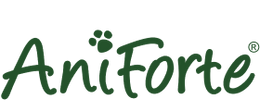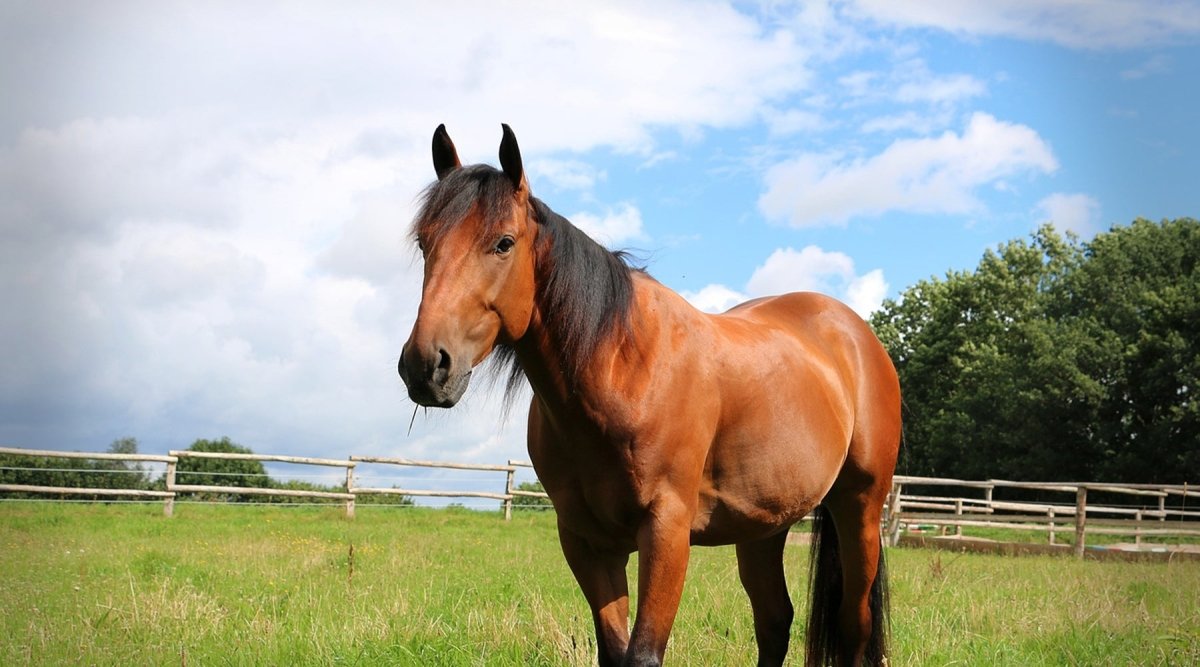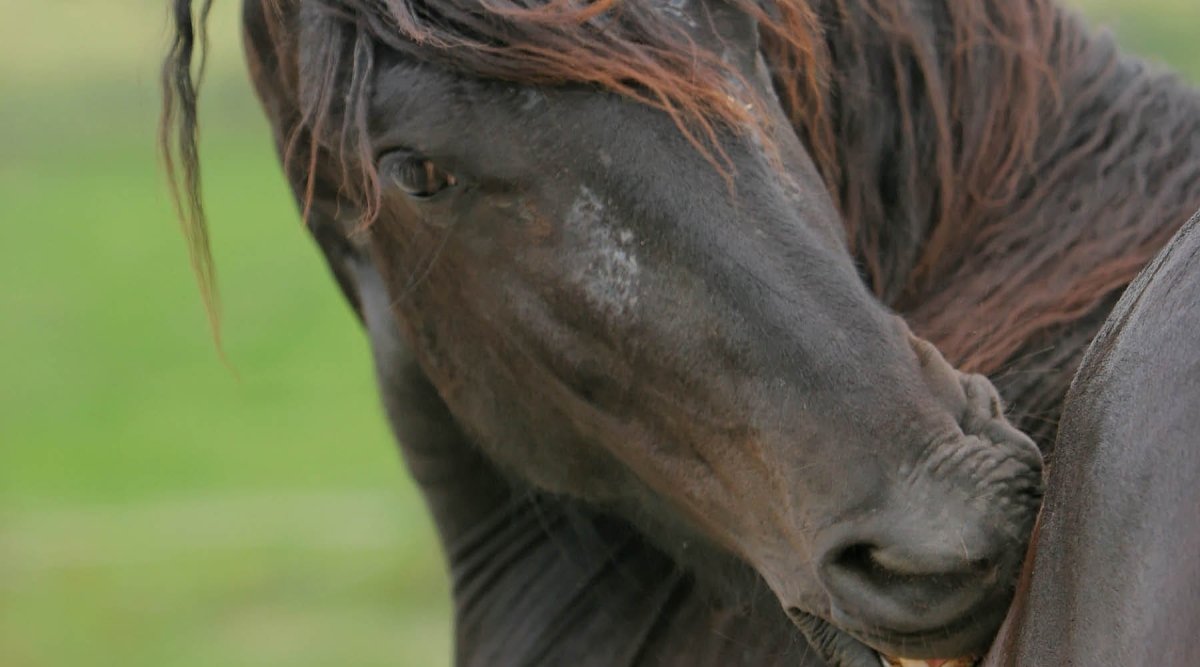The highly contagious herpes virus type EHV-1 has broken out at the international horse show in Valencia. Over 100 horses are currently being treated, 10 animals have already died from the disease and many more are being treated in clinics. The number of cases is increasing daily. At the end of February, some sport horses were already showing signs of the virus. As a result, the tournament in Valencia was canceled.
Worst outbreak in decades
According to the World Equestrian Federation FEI (Fédération Équestre Internationale), this is the most serious outbreak in Europe for decades. Stumbling horses have to be strengthened with special equipment and dozens of vets are fighting for the animals' lives. By the end of March, all competitions have been canceled or postponed in over 10 nations.
However, no one can say how far the disease has already spread. This is because a large number of horses had left the show without a medical examination before the outbreak became known. The German Equestrian Federation (FN) has banned all animals that were in Valencia as a precautionary measure.
The dangerous herpes virus and its course
Every horse owner dreads the outbreak. Although the virus cannot be transmitted to humans, it is highly contagious for horses. The herpes type EHV-1 is one of the most dangerous. This virus variant is responsible for most outbreaks with serious outcomes, including death.
Equine herpes is an infection that many animals carry. Many owners do not even know that their horse is infected with this virus. In most cases, the animals are spared an outbreak or only experience a very mild clinical course.
The symptoms range from respiratory problems in the entire respiratory tract, to fever of up to 39 °C, to disease of the nervous system (encephalomyelitis) with damage to the spinal cord, movement and/or coordination disorders, paralysis and even death.
Infection with EHV-1 is possible at any time, regardless of the age or breed of the animal. Horses can become infected via droplet infection through direct contact or indirectly through objects or people (hands, clothing, hair, etc.).
Measures required for returnees
The FN calls on all participants in the competitions in Valencia to take protective measures. Horses that have participated in competitions in Valencia since February 1st should be tested for EHV-1 and isolated until then. Only with a negative test result can these animals participate in further competitions.
In addition, horse owners should strengthen the immune system of their protégés and avoid stress. If the horse is overly stressed, the likelihood of an outbreak increases. Natural balance herbs, B vitamins and the immune-boosting vitamin C can also be added to the feed.



